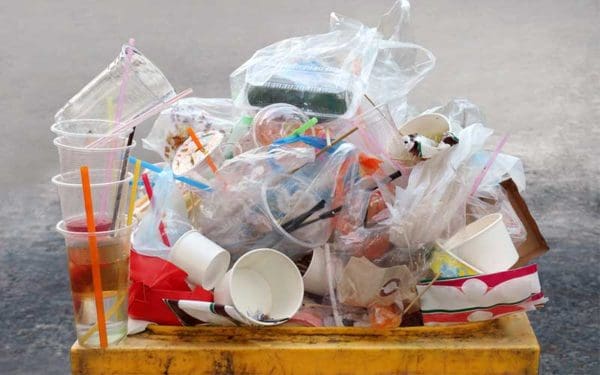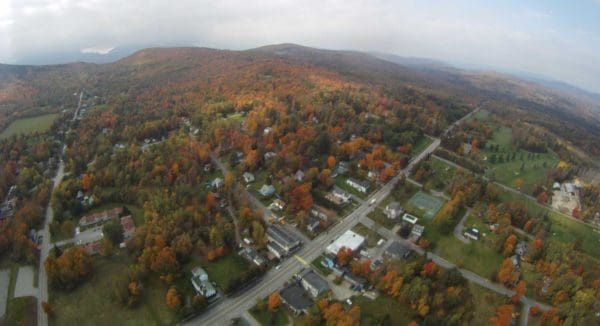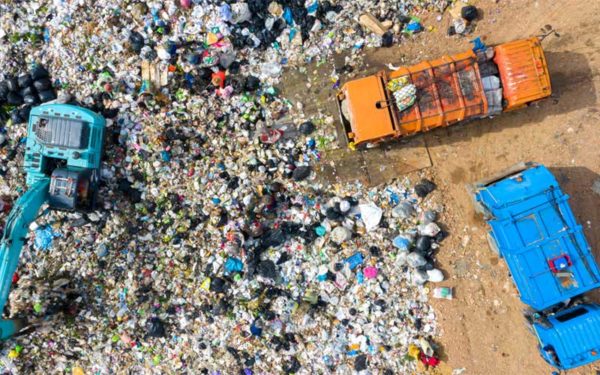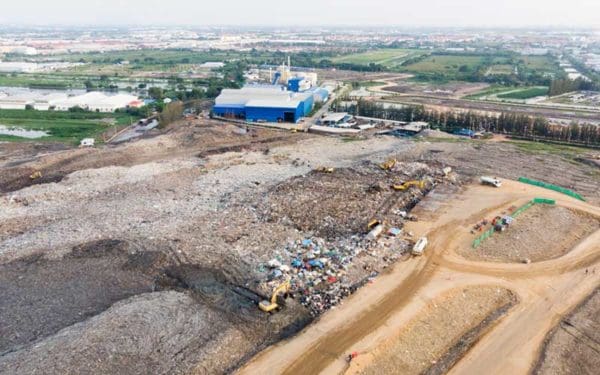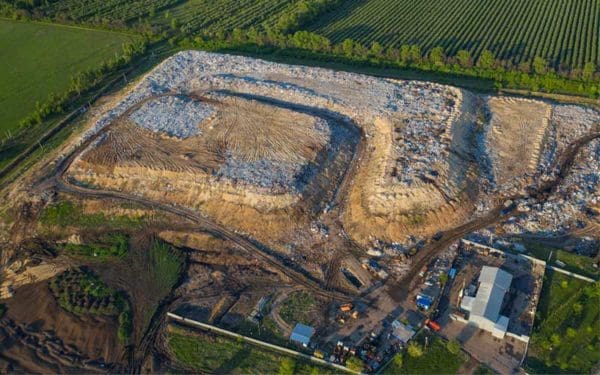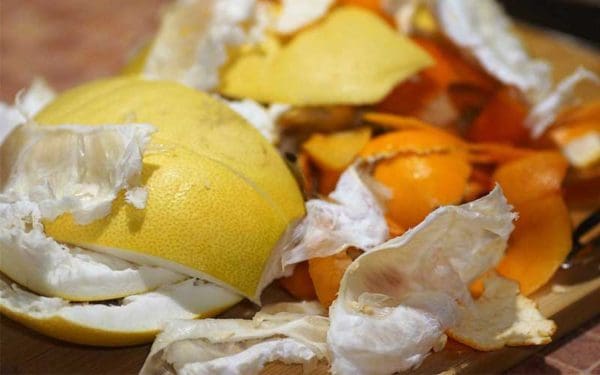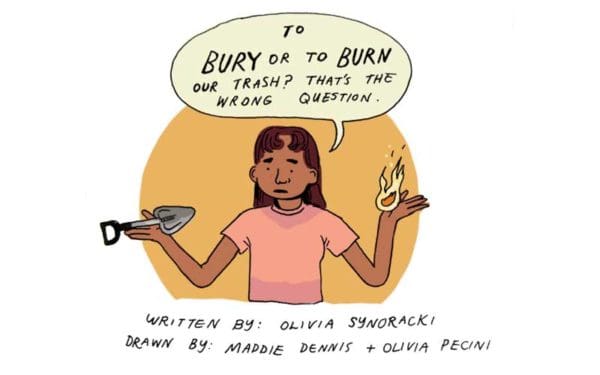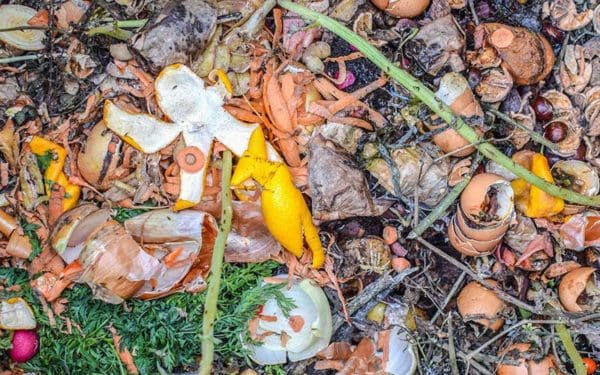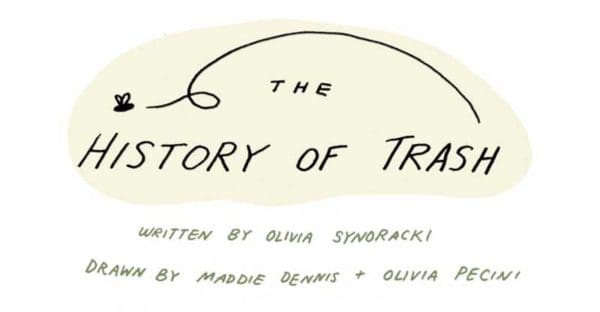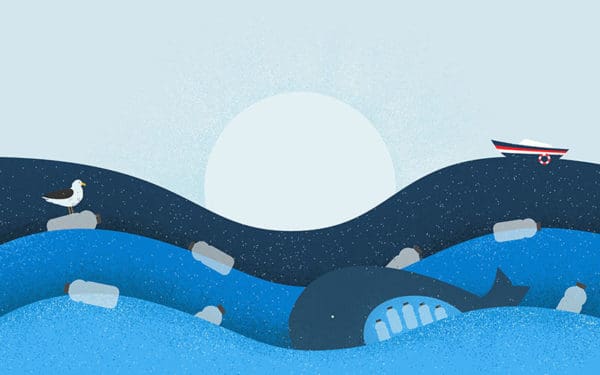Sep 08, 2021
Plastic is everywhere – even in the places you’d least expect, like chewing gum, tea bags, wet wipes, receipts, and microwaveable popcorn bags. Yet, manufacturers continue to make more and more plastic each year – even though how plastic is made fuels a toxic cycle of production, consumption, and disposal.
Aug 10, 2021
When first built in 1976, New Hampshire’s Bethlehem Landfill was just a local dump – 400 x 400 feet in total. But thanks to large corporate waste companies with aggressive growth plans, the landfill has swelled in size. Today, it covers 50 acres and buries 175,000 tons of trash each year. The State of New… Continue reading Turning a Spotlight on New Hampshire’s Waste Crisis
May 20, 2021
“Polluting landfills don’t belong anywhere near New Hampshire’s beautiful state parks,” said CLF attorney Peter Blair. “The Senate has taken a giant step backward in killing this commonsense legislation that would have preserved parks for everyone’s enjoyment. It’s time we stop the endless construction of landfills and instead boost recycling and other proven methods to reduce our waste.”
May 10, 2021
Expanding a landfill’s acreage or the number of tons it buries each year only increases the pollution it emits. That’s why CLF is fighting back against these southern New England landfill expansion proposals.
May 10, 2021
Time and again, corporate waste giants are granted permission to expand their dangerous landfills. CLF is working to stop these Northern New England landfills from getting bigger and harming our communities.
Mar 08, 2021
Cambridge partnered with a local composter in 2018 to start a curbside compost program. But as more residents signed-up, the volume of food scraps increased. Cambridge accommodated the growth by finding a new partner. It signed with Waste Management – a partnership that has put the City’s food scraps to waste.
Sep 08, 2020
We don’t have good systems for dealing with our waste other than throwing a mix of toxic junk into our garbage cans. But we could. The truth is, it’s not a question of whether we should bury or burn our waste. What we should be asking is this: how do we produce less trash?
Aug 06, 2020
Rescuing and diverting more of Rhode Island’s food waste could help cut climate-damaging emissions while urgently addressing food insecurity within the state.
Jul 20, 2020
Humans have been producing trash for generations. But how we dispose of it hasn’t improved in ages. By implementing zero-waste policies, we can begin to redesign our waste systems and produce less trash – while also protecting our environment and our communities.
Feb 11, 2020
Maine legislators are working to shift soaring recycling costs back where they belong: onto the producers of unmanageable plastic packaging.
